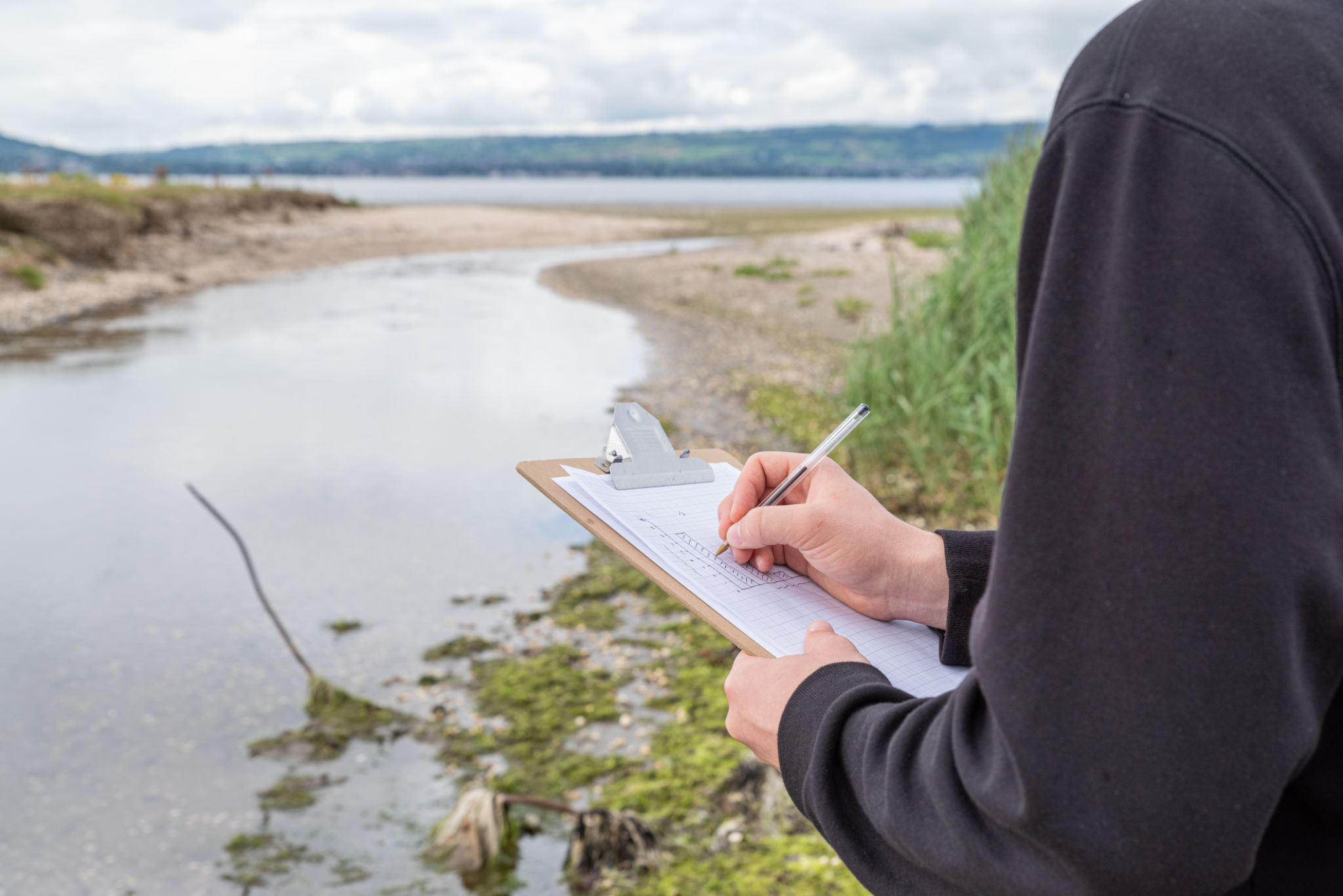How Floating Covers Improve Agricultural Water Efficiency in Delaware
Understanding Floating Covers
Floating covers are innovative solutions designed to sit on top of water bodies, such as reservoirs or storage ponds, to minimize water loss. In agriculture, particularly in Delaware, these covers play a crucial role in improving water efficiency. They are typically made from durable, UV-resistant materials that can withstand various weather conditions, ensuring longevity and effectiveness.
The primary function of floating covers is to reduce evaporation. By shielding the water from direct sunlight and wind, they significantly cut down the amount of water that evaporates. This is particularly beneficial in regions like Delaware where managing water resources for agriculture is vital due to varying seasonal conditions.

The Benefits of Floating Covers in Agriculture
Floating covers offer multiple benefits beyond just reducing evaporation. They help in maintaining water quality by preventing the growth of algae and minimizing contamination from dust and debris. This ensures that the water remains suitable for agricultural use, supporting healthier crops and more efficient farming practices.
Additionally, by reducing water loss, floating covers contribute to lowering irrigation costs. Farmers can make better use of their water resources, leading to more sustainable farming operations. This cost-saving aspect is crucial for Delaware farmers looking to maximize yield while minimizing expenses.

Environmental Impact
Implementing floating covers also has a positive environmental impact. By conserving water, they help in reducing the demand on local water resources. This is particularly important in Delaware, where water conservation is a priority to maintain the ecological balance and support local wildlife.
Furthermore, reduced evaporation means less need for pumping additional groundwater, which can help in preserving aquifers. This contributes to a more sustainable agricultural practice that benefits both the environment and the community.

Challenges and Considerations
While floating covers offer significant advantages, there are some challenges to consider. The initial investment can be costly, although many farmers find that the long-term savings on water and irrigation justify the expense. Additionally, proper maintenance is essential to ensure the covers remain effective and do not become damaged over time.
It's important for farmers to consider the specific needs of their operations and conduct a cost-benefit analysis before investing in floating covers. Consulting with experts and other farmers who have implemented these solutions can provide valuable insights into their effectiveness and suitability for different agricultural contexts.
Future of Floating Covers in Delaware
The future of floating covers in Delaware looks promising as more farmers recognize their value in enhancing water efficiency. With advancements in technology, these covers are becoming more affordable and easier to install, making them accessible to a wider range of agricultural operations.
As awareness about the importance of sustainable practices grows, floating covers are likely to become a standard feature in Delaware's agricultural landscape. By integrating these solutions, farmers can contribute to a more sustainable future while ensuring that their operations remain economically viable.
